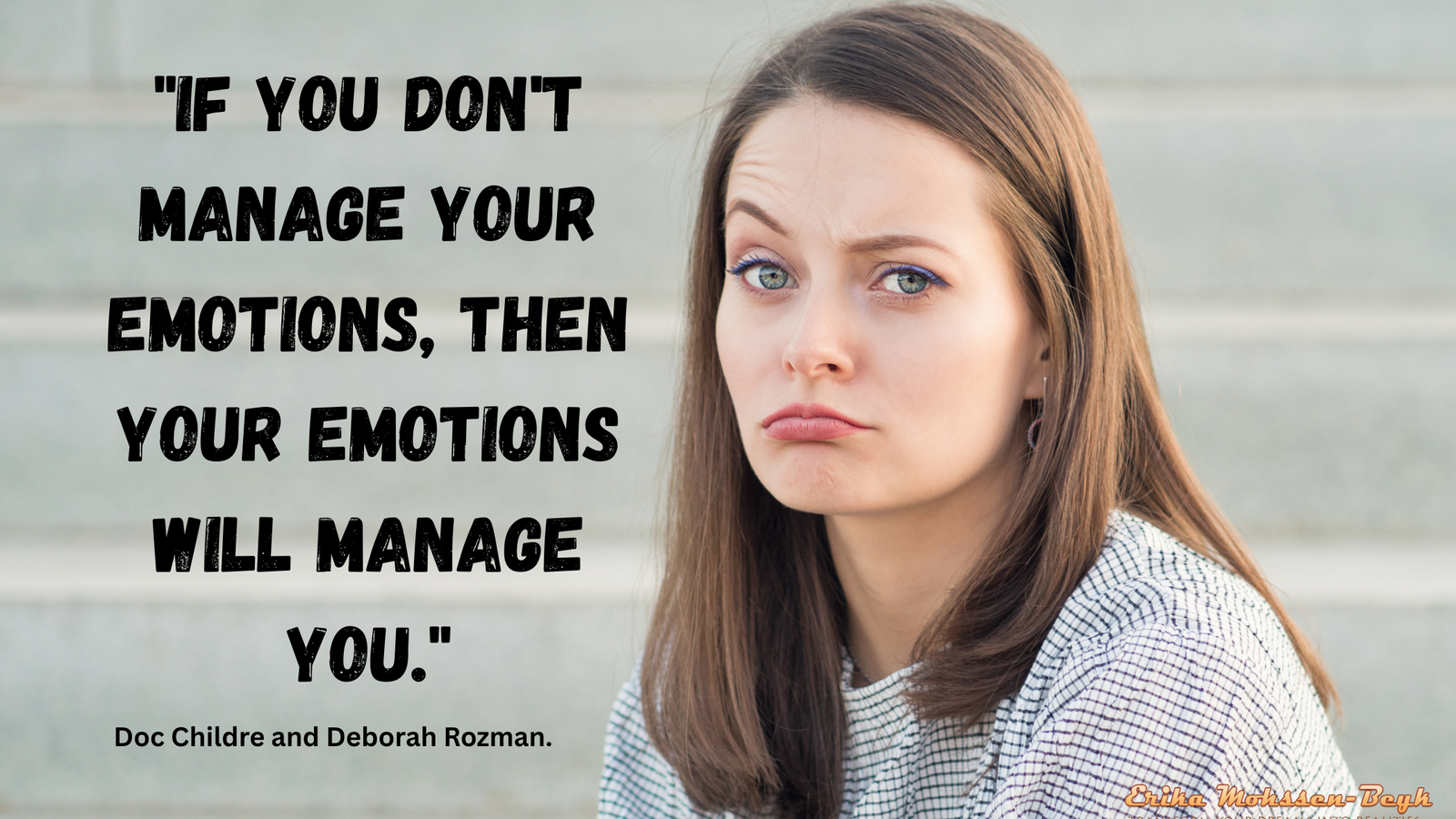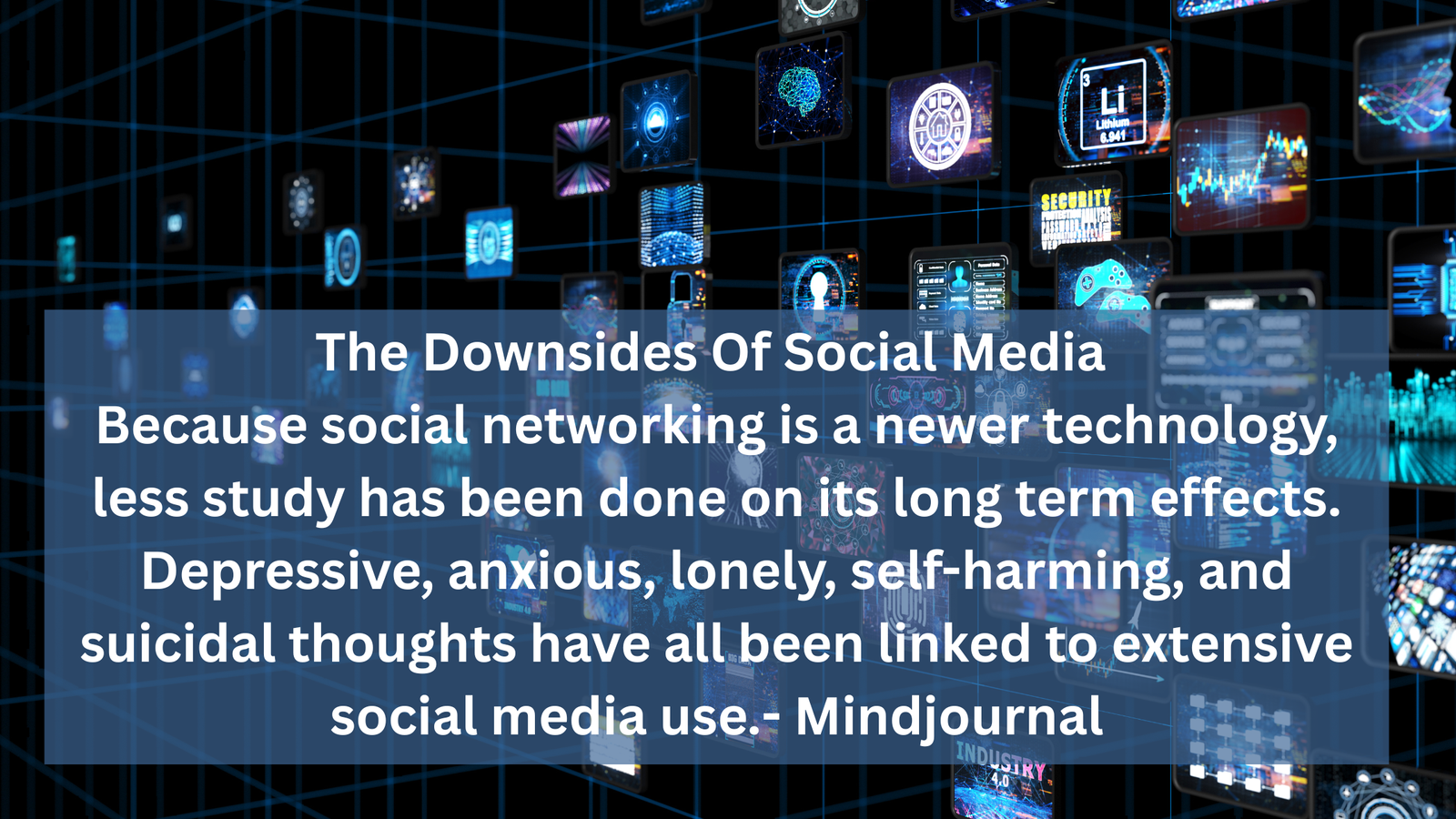What is emotional stability?
Emotional stability is an especially important factor in times of crisis. Emotional stability makes it easier for us to deal with any situation.
But what exactly does emotional stability mean?
You are emotionally stable when you can always remain objective and don’t immediately let your emotions control your actions. Strong self-confidence and the ability to exercise self-control are prerequisites for this – only then can you stay calm and content in any situation.

Emotional instability
Emotional instability affects many people in our time, and we often misunderstand it. Usually, we dismiss it as a character flaw
when people have rapid, intense mood swings, difficulties with emotion regulation, and impulsive reactions. It results from a complex interplay of inherited tendencies, learned beliefs, early childhood experiences, and the development of one’s identity.
“If you don’t manage your emotions, then your emotions will manage you.” -Doc Childre and Deborah Rozman.

The Influence of Digital Media on our Emotional Instability
In our time, there is also another, more dangerous conditioning: Digital Media. Digital media and Social networks connect us across continents and have transformed our society. News reaches us in real time, and entertainment is just a click away.
Their impact on our mental health is something we should also consider and ask serious questions about, particularly regarding emotional instability.
- “Doomscrolling” consumption of a flood of negative news leads to a feeling of helplessness, fear, and is a significant factor contributing to emotional instability.
- Comparison on Social Media platforms. Instagram, Facebook, or TikTok provide a platform for connection, but also pose significant risks to mental health. The users often show a perfectly curated version of their lives there. The seemingly flawless bodies, successful careers, exotic travels, and happy relationships can lead to feelings of inadequacy, jealousy, and lower self-esteem. Young people, especially, choose role models they know nothing about except what they see on social media, and try to emulate them.
- AI and algorithm-driven news flow, where users primarily see content confirming their views. Misinformation and distorted realities can reduce tolerance for other opinions. Uncertainty about what is true and what is not, and seeing aggressive or hateful comments, can lead to anxiety, mistrust, and general emotional distress. The anonymity of the internet lowers the threshold for assertive communication. Experiencing this can be traumatic and lead to severe emotional problems such as depression, anxiety disorders, and, in extreme cases, even suicidal thoughts.
- Attention Deficits and Sleep Disorders: Availability of screens—smartphones, tablets, or laptops—has direct physical and cognitive effects. The constant distraction of notifications and quickly switching between different content can also shorten attention spans and impair the ability to concentrate deeply. Also, the blue light emitted by screens can disrupt melatonin production and lead to sleep problems, a known risk factor for emotional instability.
The Downsides Of Social Media

What to do?
Conscious media consumption: Be aware of how the content you consume affects your mood. Reduce your consumption if you notice it’s overwhelming.
Think critically and check the source: Check information and news for credibility before allowing it to influence you. Unfollow accounts that trigger negative feelings. Look for inspiring, informative, or entertaining content that promotes your well-being.
Digital detox: Set regular times when you’re offline and go into nature. Meditate and learn to know your true self.
Nurture personal relationships and activities in real life. Staying in touch with friends and family is an essential buffer against emotional instability.
My experience
I remember that in the past, it was considered impolite if somebody watched TV when they had guests. My family ditched TV 20 years ago because it was the beginning of a negative influence. I restricted the use of cell phones in my house, especially during eating time or walks in nature.
Today, friends visit you with their phones in their hands, waiting for a beep or a call to look at it. If you ask them about their feelings about something, they can’t answer. Do they even analyse their feelings? Deep conversations are nearly impossible.
Does digital media make us unlearn emotional expression?
It could be because the body language, facial expressions, and reactions become invisible during online communication, which makes emotional expression and communication difficult. But part of healthy self-esteem and emotional stability is being able to say what you think and feel, even if you disagree.
Kids talk only about social media influencers, celebrities, and games. Grandparents are frustrated and have a hard time getting them centered. Social media negatively influences the behavior of the youth, which can cause them to become more insensitive, anxious, and insecure.
Creating a conscious relationship with the digital world and minimizing its potential adverse effects on our emotional stability is up to us.
See also > Mental Immunity — How the Mind Picks Up “Emotional Viruses”
And > How Good Are Your Critical Thinking Skills?
What is your experience?
Does Digital/social media influence you and your emotions?









This article effectively highlights the darker side of digital media, making me realize how much it impacts my mood and relationships without even realizing it.
This article really hit home. Its scary how much these platforms can affect our emotions, especially seeing curated lives making us feel inadequate. The tips on conscious consumption are super helpful.